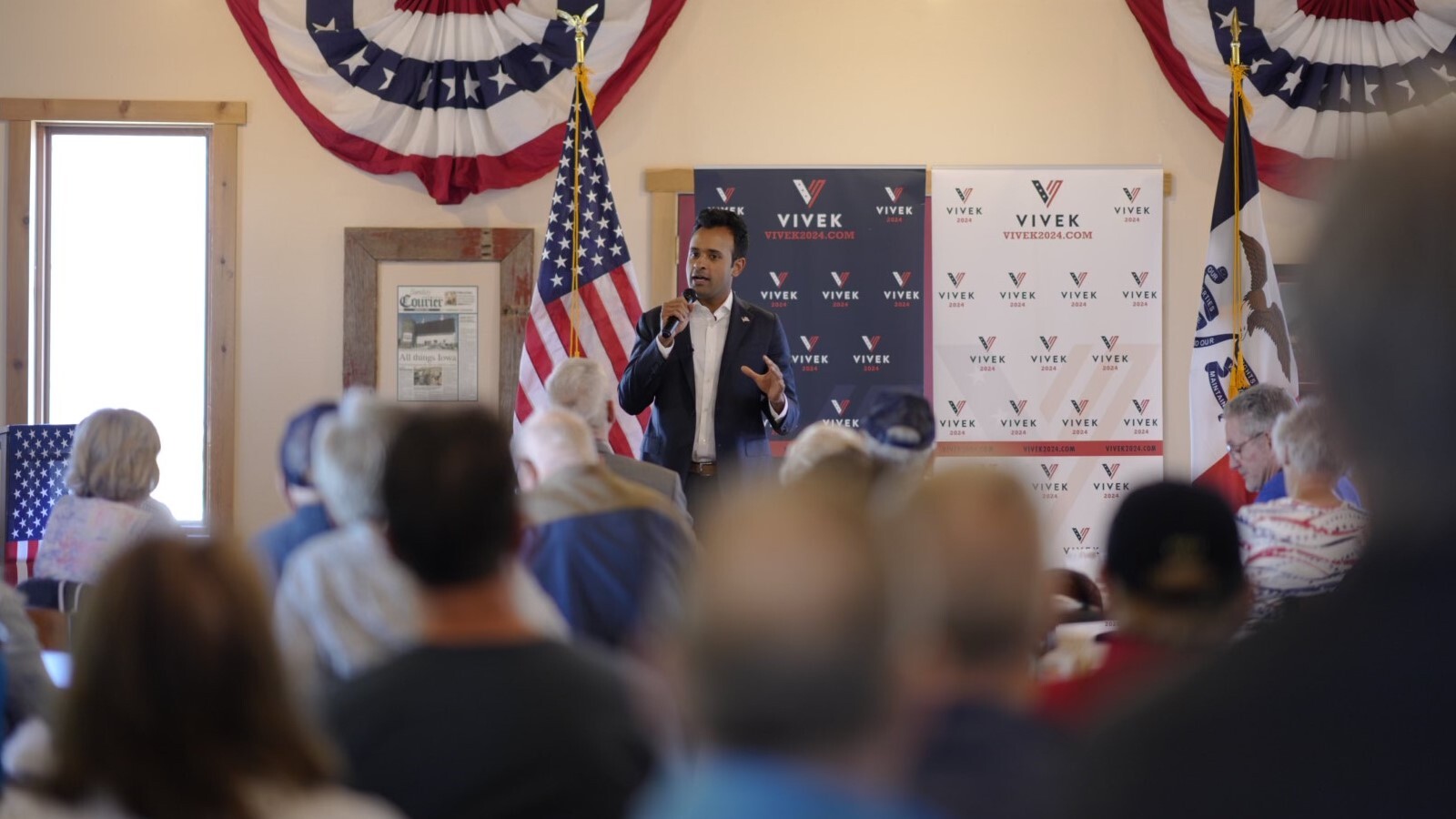Presidential candidate Vivek Ramaswamy took to Twitter to voice his concerns about Elon Musk’s recent trip to China.
Ramaswamy said while he has supported Musk’s Twitter transformation, it is a danger to the United States when prominent figures further the Chinese agenda, something he argued Musk has done.
“It’s deeply concerning that @elonmusk met with China’s foreign minister yesterday to oppose decoupling and referred to the U.S. & Communist China as “conjoined twins.” Tesla’s VP in China reposted that statement on Weibo in China, but curiously not here in the U.S," Ramaswamy wrote in a tweet on May 31.
Ramaswamy has supported separation from China and has called for a “Declaration of Independence” from the communist nation, according to a report by The Hill.
In his tweet, Ramaswamy stated that he found Musk’s comments on decoupling disconcerting. He said that last year, Musk “issued an unprompted call for the reunification of Taiwan & won a favorable tax benefit in Shanghai days later.”
He also stated that he understands Musk’s position as a businessman but finds it troubling when prominent American figures such as Lebron James, Larry Fink, and Musk, bend to the Chinese Communist Party’s (CCP) wishes.
“(This) tilts the global scales of perception in China’s favor,” Ramaswamy wrote, and called for leaders who are not controlled by China to step up.
According to the Wall Street Journal, Musk told Chinese officials that he is not in favor of decoupling the economies of China and the U.S. Decoupling has emerged as a buzzword among international executives and policy analysts, denoting the process of disentangling the extensive economic and commercial connections between the U.S. and China.
The Wall Street Journal reported that while many businesses, such as Apple, are looking to shrink their dependency on China, Musk’s Tesla recently announced they will build a second factory in Shanghai, emphasizing their confidence in China.
In a tweet on June 1, Ramaswamy criticized companies for not standing up to China. Nike, he wrote, which stands for “racial justice,” does nothing about the minorities the CCP locks up, and BlackRock, defenders of “climate action,” refuses to comment about Chinese fossil fuel emissions.
“Now the crusader for ‘free speech’ Elon Musk kisses the ring of the world’s biggest censor: Xi Jinping,” Ramaswamy stated.
The Guardian reported that Musk was absent from Twitter during his trip to China. Twitter, which Musk bought because he claimed, “free speech is the bedrock of a functioning democracy” is illegal in China. There has also been criticism surrounding Twitter's dealings with foreign governments. Journalist Matt Yglesias observed recently that Twitter decided to comply with the Turkish government's demands to remove content after the national election, seemingly contradicting Musk's assertion of being an unwavering supporter of free speech.
“We are in a co-dependent relationship that will not end well,” Ramaswamy said, according to The Hill. “The only question is who ends it first.”









